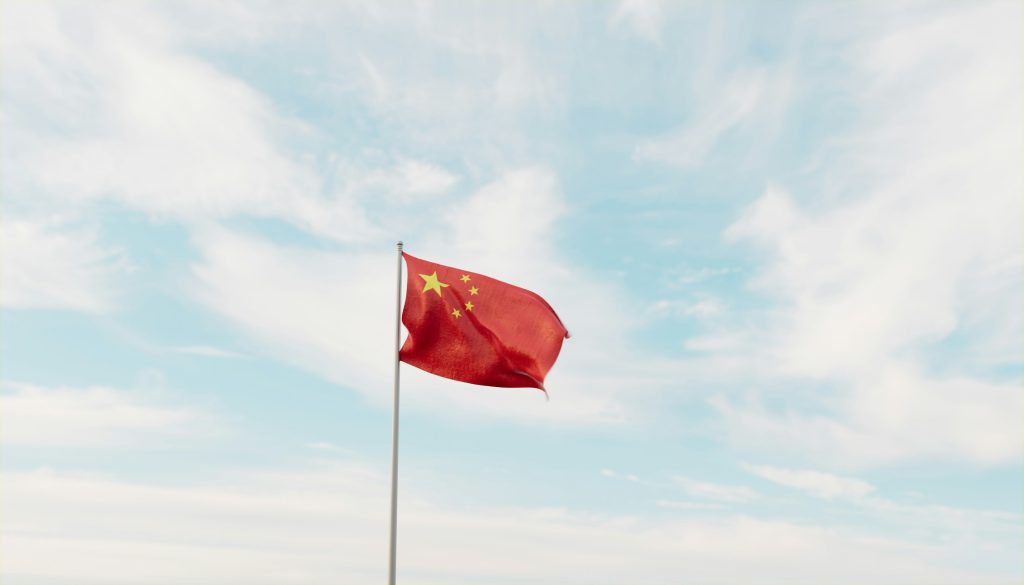When the People’s Daily, the official mouthpiece of the Chinese Communist Party, reported last month that Interpol President Ahmed Naser Al Raisi had expressed the organisation’s “firm adherence to the one-China principle” during a ceremony in Beijing, it marked a curious moment in international law enforcement. For Interpol, an organisation that prides itself on political neutrality, such an explicit endorsement of a contentious geopolitical position represents an unusual move, to say the least.
The ceremony saw Al Raisi receive China’s “Gold Great Wall Medal.” Chinese officials praised Interpol’s support for Beijing’s Taiwan stance. Al Raisi thanked China for its backing. This political language sits very ill at ease with Interpol’s supposed neutrality.
China’s systematic abuse of Interpol’s Red Notice system has manipulated what should be neutral law enforcement tools into weapons of political persecution. Since Xi Jinping launched his “anti-corruption” campaign, Beijing has tried to weaponise Red Notices to hunt dissidents, human rights activists, and business leaders who challenge CCP orthodoxy. Politically motivated notices violate Interpol’s constitutional ban on political activities, yet the organisation remains susceptible to influence.
Operations Fox Hunt and Sky Net have perfected transnational repression at an industrial scale, claiming to return thousands of individuals through state-sponsored coercion. Beijing’s methods include holding family members hostage in China and dispatching covert intimidation teams abroad.
Perhaps most striking at the recent event was what went unmentioned: Meng Hongwei. The former Chinese Interpol president disappeared during a Beijing trip in 2018. He later surfaced in Chinese custody, charged with corruption. His arrest midway through his presidency was unprecedented. It raised serious questions about China’s respect for international law enforcement. Yet none of this history appeared in the glowing reports of Al Raisi’s visit.
Al Raisi’s own background adds to concerns. Human rights groups have documented torture allegations against him from his UAE career, claims he denies. His election as Interpol president faced European opposition over these human rights concerns. Now he’s aligning the organisation with Chinese politics.
The practical impact is clear. Taiwan, with 23 million people and functioning law enforcement, remains excluded from Interpol due to Chinese pressure. This creates gaps in global police cooperation, particularly around cybercrime and technology theft. Al Raisi’s endorsement of the one-China principle effectively supports Taiwan’s continued isolation.
The timing looks odd. China faces growing criticism over Xinjiang, Hong Kong, and Taiwan threats. Most international organisations are keeping their distance. Interpol is moving closer. Western member countries, who reject China’s Taiwan policy, must now work with an organisation whose president backs positions they oppose.
This threatens the trust that makes international police work possible. Political considerations may start influencing Red Notice decisions and intelligence sharing. From Meng’s disappearance to Al Raisi’s political statements, Interpol’s independence might be under more scrutiny. The People’s Daily celebrated a triumph of partnership. Others might see the death of institutional neutrality.
—
Photo by Faint via Unsplash



